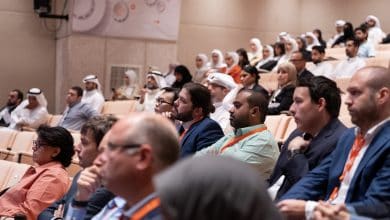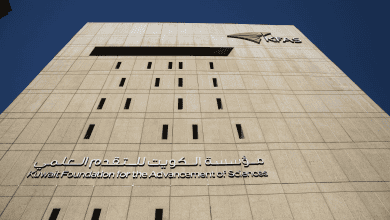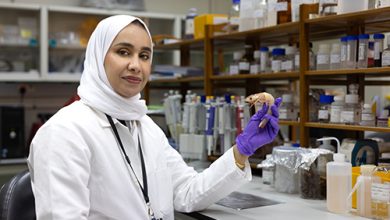Helping to save more lives using advanced matching techniques at the Kuwait National Stem Cell Registry
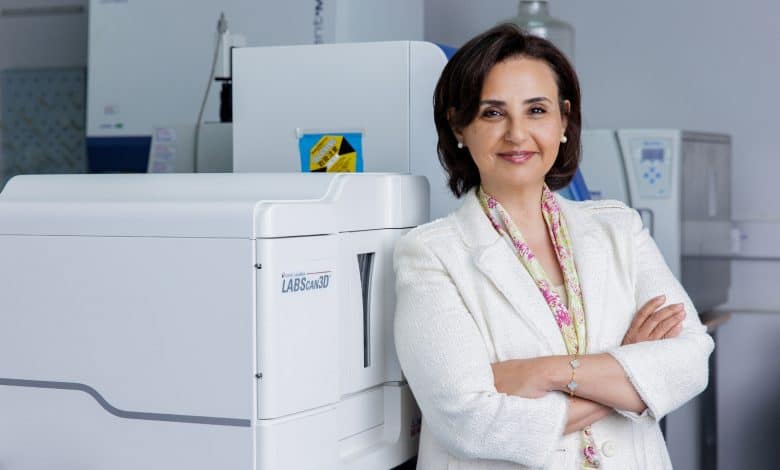
Each year, many Kuwaitis are diagnosed with life-threatening blood disorders including cancers such as leukemia. The most effective way to save the lives of those suffering from these diseases is to offer them stem cell transplants. To achieve this goal, the Kuwait National Stem Cell Registry was launched in 2012. This facility was initially funded by the Kuwait Foundation for the Advancement of Sciences (KFAS) and established by the Health Sciences Center of Kuwait University.
The goal of the Kuwait National Stem Cell Registry is to serve the unmet needs of Kuwaitis by helping match patients with a bone marrow donor using extensive testing. Once a match is found, the clinical team supports each patient throughout both the transplant process, and any therapy that’s required afterwards.
But the first challenge is to find a suitable donor. This comes down to the genetic profile of the patient and donor, plus the diversity of the population. Currently, the compatibility of patient and donor is determined using their human leukocyte antigen (HLA) type. HLA are protein molecules — sometimes called markers — found within most of our cells. These are a key part of each person’s genetic profile, and everyone has thousands of HLA markers that can occur in millions of combinations. Around a quarter of patients who need a stem cell transplant will find a match from a blood relative. For the remaining patients, a match from an unrelated donor will be sought. These matches can come from both within Kuwait, and other worldwide stem cell donor registries.
For a successful match between an unrelated donor and patient, the goal of the Kuwait National Stem Cell registry is to achieve a full match of HLA markers. HLA typing and the subsequent matching is complex, made even more so by the fact that some types are more common than others, which can affect the chances of a successful match.
That means even with modern science, it’s still a challenge to find a match for many patients of Middle Eastern descent. This is because of the unique genetic profiles which don’t necessarily match well with other registries around the world where the Middle Eastern population is historically underrepresented.
This is where Dr. Reem Ameen’s latest research comes in. Titled ‘The Use of Killer-Cell Immunoglobulin-Like Receptor (KIR) Genotyping in Related Stem Cell Transplantation,’ the goal is to further define each donor and patients’ genetic profile. This will allow scientists to gain a deeper insight than the information currently provided by matching through HLA types alone. After each patient and donor’s HLA type is first determined, this additional test will also be carried out in certain situations. This will identify the genetic profile of the killer-cell immunoglobulin-like receptors among Kuwaiti donors and patients. Insights like these will help to increase the level of matching success, while also helping to further define the population genetically. “We may find four or five fully matched donors using HLA type. These additional tests will help us discover the best match from those,” said Ameen.
Ameen is Assistant Professor within the Department of Medical Laboratory Sciences, at the Health Sciences Center of Kuwait University. She received her doctorate in Immunopathology from the University of London and her master’s in Immunohematology from the University of Florida and has now been based at Kuwait University for almost 20 years. Her deep knowledge of immunohematology and immunogenetics has led to an impressive body of published work, and her latest research is just one further example of her dedication to this field.
At the Registry currently, all patient and donor samples are run through a preliminary test to determine their HLA type. This test is then repeated as a confirmation. Then each sample is run through the new test to identify the killer immunoglobulin receptors. This helps to establish a comprehensive database for the Registry and increase the chances of finding a successful match between patient and donor.
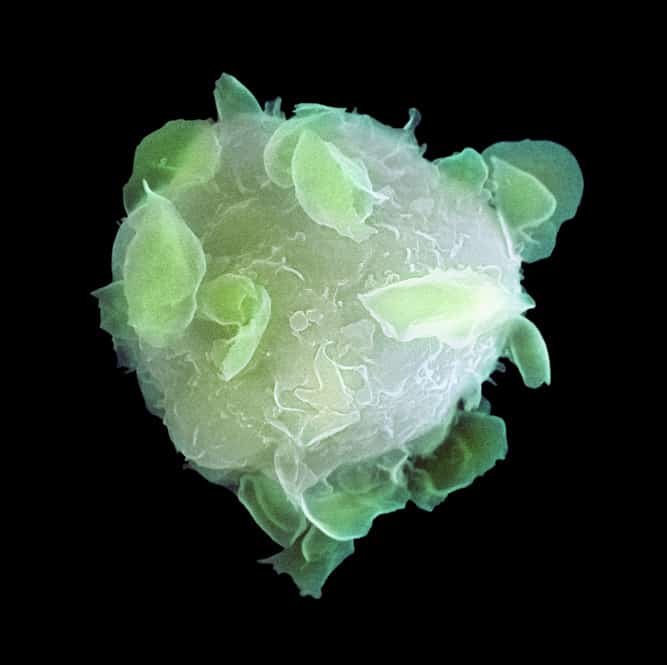
After a rigorous approval process, the Registry was accredited by The European Foundation of Immunogenetics in 2016 and is also now a member of the World Marrow Donor Association. “The supporting laboratory, which works for the Registry, participates in extended proficiency testing as part of an international scheme,” Ameen said. “This is to make sure that each test we perform is meeting the compliance required for international standards.”
The Registry also partakes in international workshops, giving it global visibility that can help drive collaboration between different stem cell registries around the world. “Another of our goals is building capacity, so that we can help more Kuwaitis and those of Middle Eastern descent,” she said. “To meet this goal, we built an individual workforce and are also a training and education site. At an organizational level, we help to support the Ministry of Health, both in terms of completing further testing, and if we need to search international registries to find a match.”
Without the generous support from KFAS, the Registry would be unable to operate at the level it is today, according to Ameen. “As we look towards the future, our goal is to become a more established part of the international stem cell network,” said Ameen. “This will help both Kuwaiti and those of Middle Eastern descent who need to travel abroad, and other patients globally, who may find a match within our registry.”
By Marianne Dhenin


